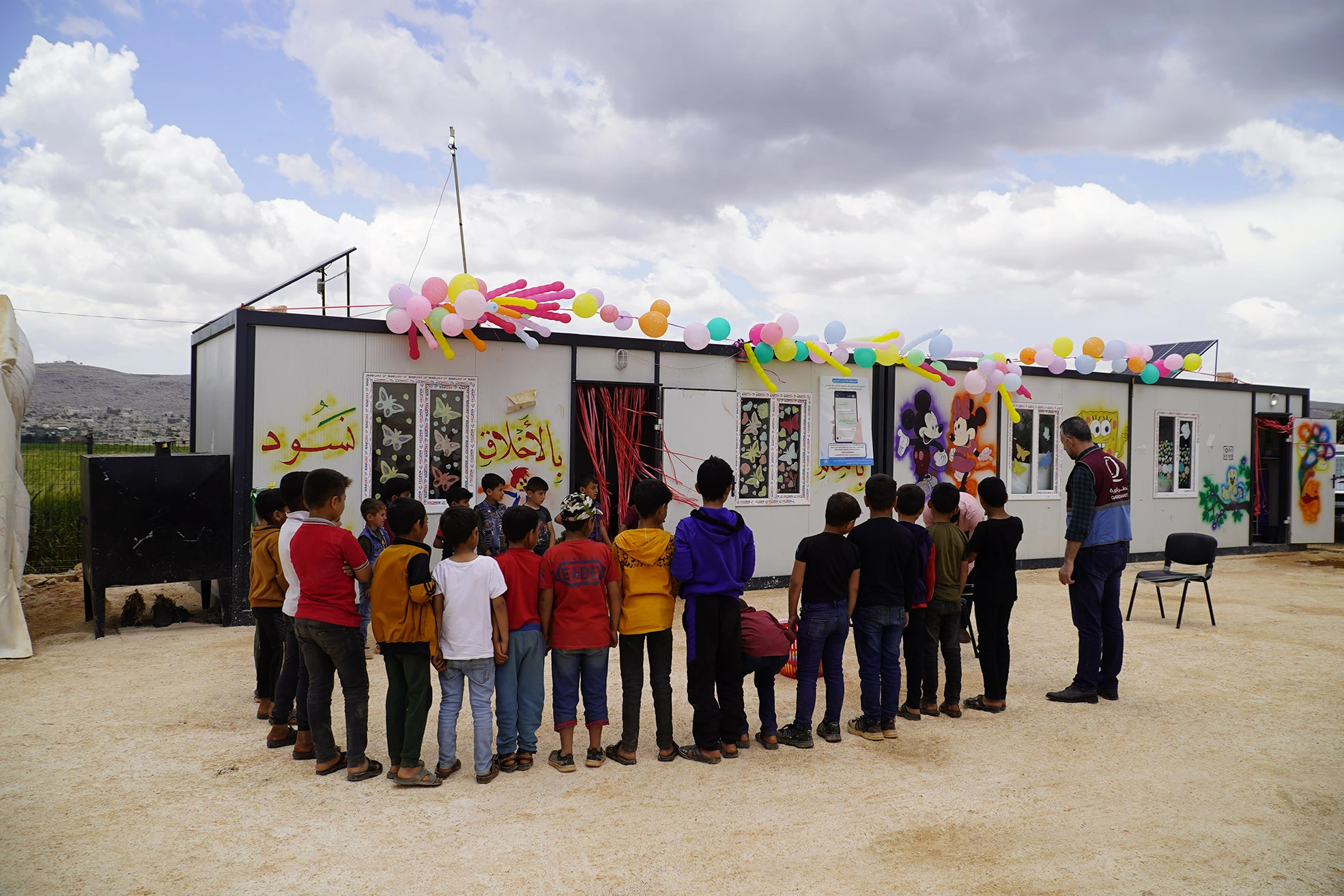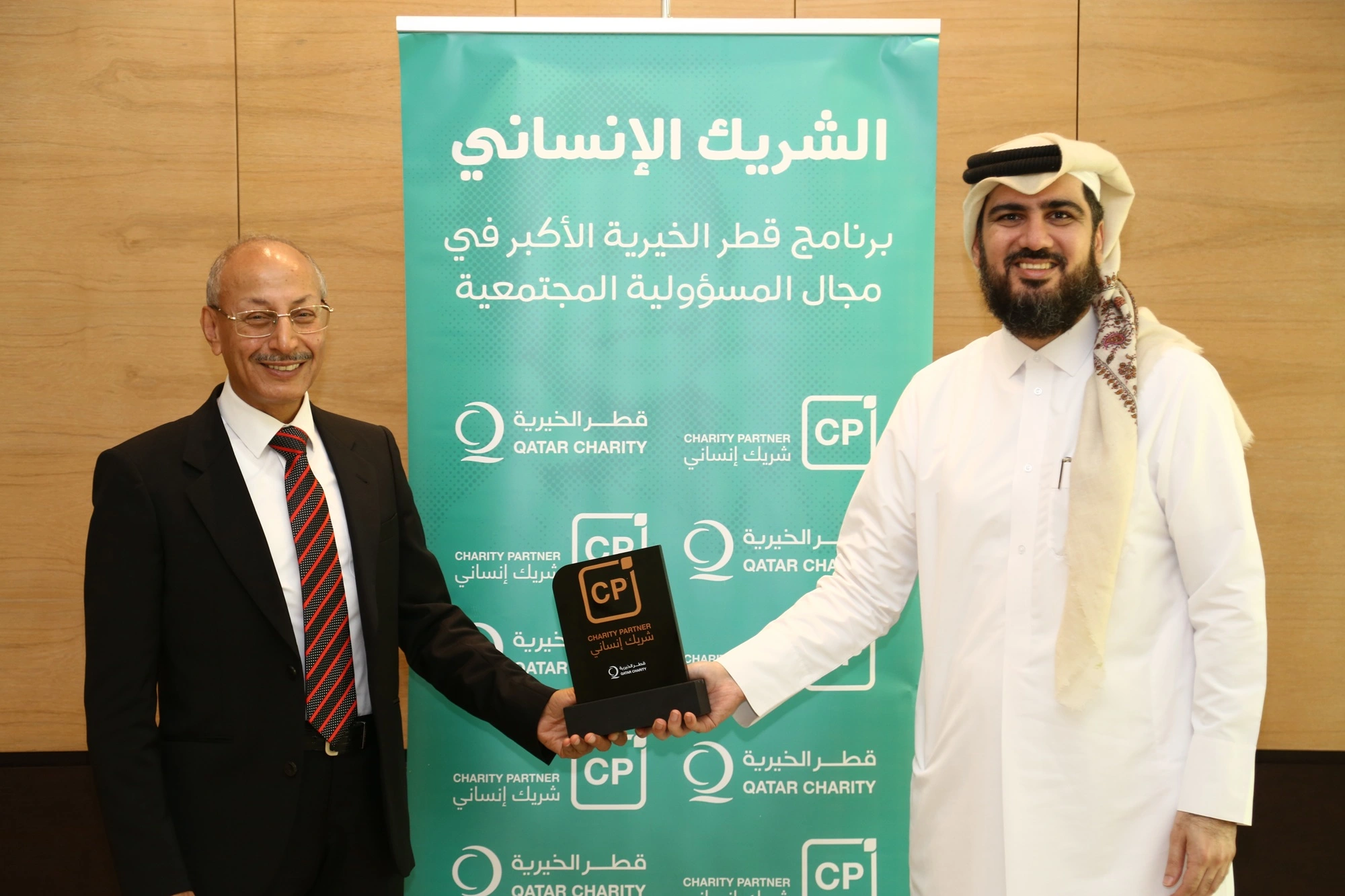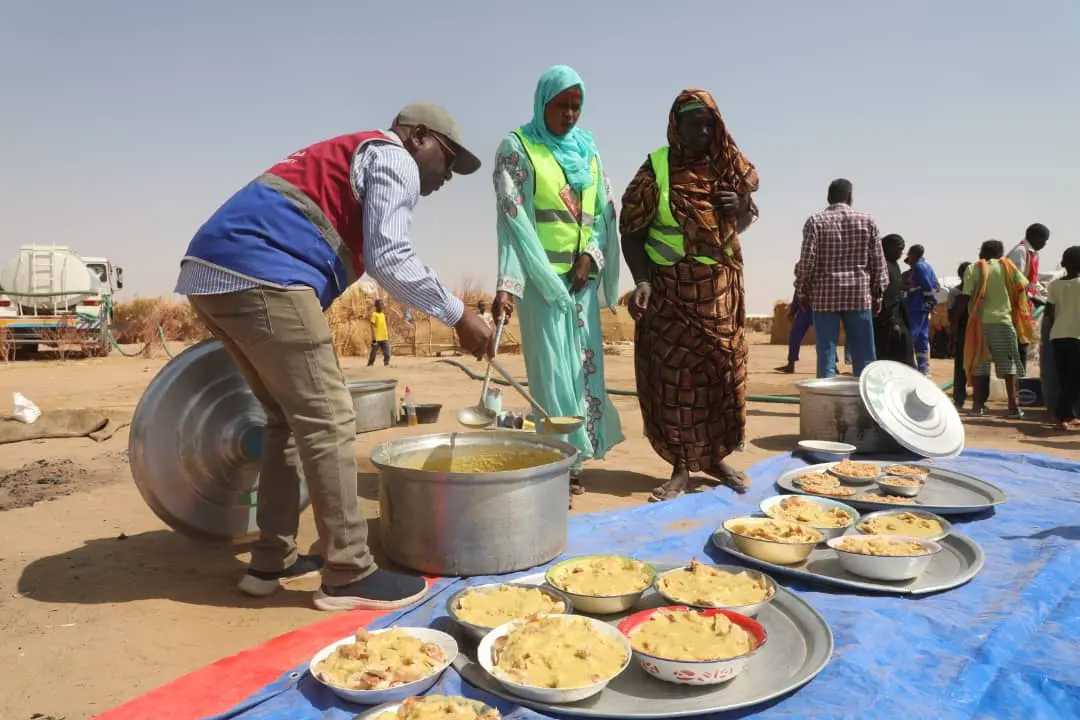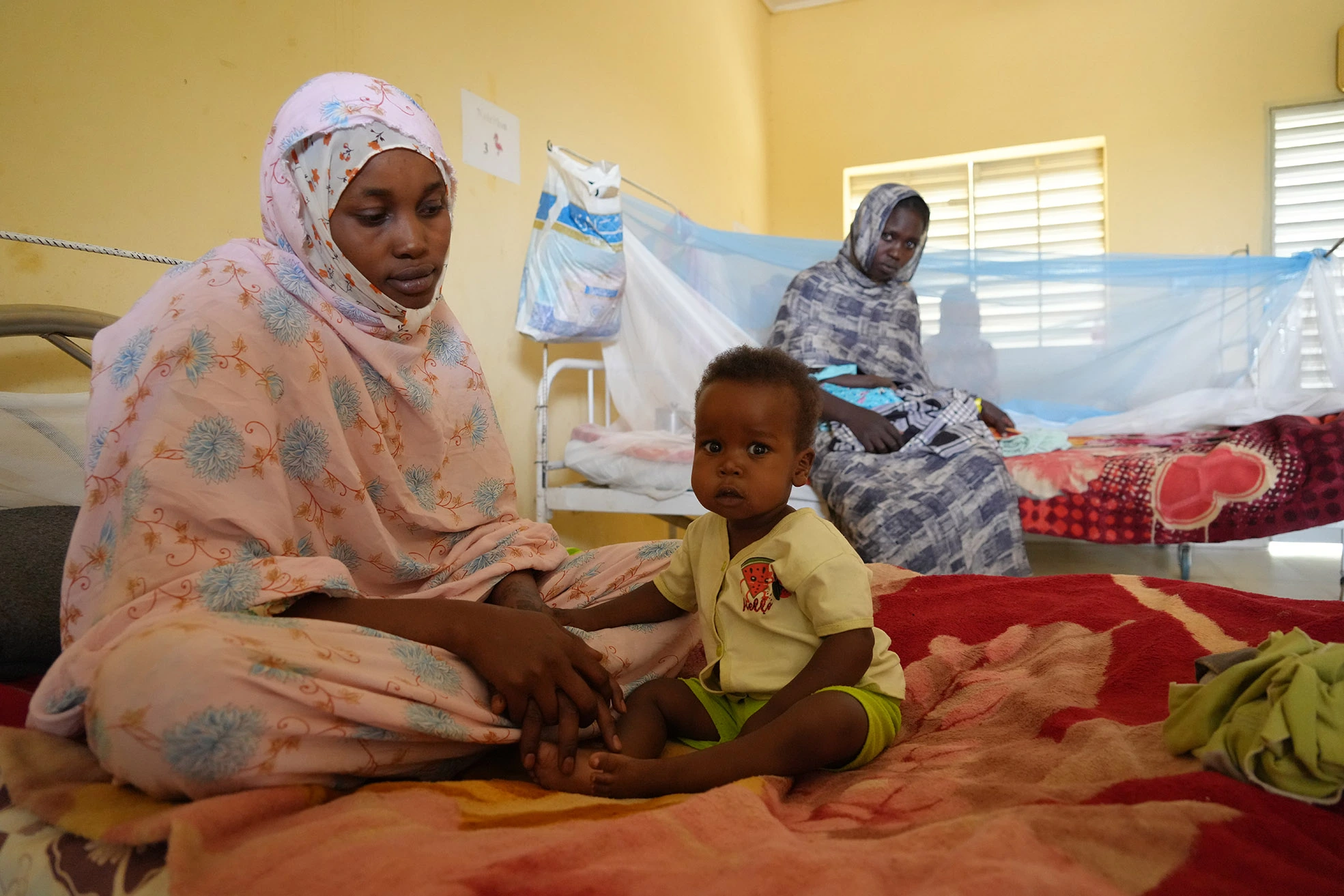In an era marked by growing environmental challenges and socio-economic disparities, sustainability has emerged as a guiding principle for addressing global issues. At the intersection of sustainability and humanitarian efforts lies a critical need for sustainable interventions that not only provide immediate relief but also foster long-term resilience and development. This article explores the significance of sustainable humanitarian interventions in promoting lasting positive change and addressing the root causes of crises.
Sustainable humanitarian interventions encompass a range of activities aimed at alleviating suffering and restoring dignity to communities affected by crises, such as natural disasters, conflict, or poverty. Unlike traditional aid approaches focused solely on short-term relief, sustainable interventions adopt a holistic perspective that considers the interconnectedness of environmental, social, and economic factors. By integrating sustainability principles into humanitarian action, organizations can create more effective and enduring solutions that empower communities to build a better future.
One key aspect of sustainable humanitarian interventions is environmental stewardship. Recognizing the profound impact of environmental degradation on vulnerable populations, aid agencies increasingly prioritize eco-friendly practices in their operations. From using renewable energy sources and promoting waste reduction to implementing reforestation projects, these initiatives not only mitigate the environmental footprint of humanitarian activities but also contribute to ecosystem restoration and climate resilience.
Moreover, sustainable interventions emphasize community participation and capacity-building as essential components of long-term development. Rather than imposing external solutions, aid agencies work collaboratively with local stakeholders to identify needs, priorities, and culturally appropriate strategies for sustainable development. By empowering communities to take ownership of their development processes, sustainable interventions foster a sense of agency and resilience that transcends dependence on external assistance.
Education and skills training are integral aspects of sustainable humanitarian interventions, enabling individuals to acquire the knowledge and capabilities necessary for self-reliance and economic empowerment. By investing in education, vocational training, and entrepreneurship programs, aid agencies equip communities with the tools to overcome challenges, adapt to changing circumstances, and pursue sustainable livelihoods. In doing so, they lay the groundwork for long-term prosperity and social inclusion, breaking the cycle of poverty and vulnerability.
Furthermore, sustainable humanitarian interventions prioritize gender equality and social inclusion as fundamental principles of development. By promoting women’s empowerment, addressing gender-based violence, and ensuring equal access to resources and opportunities, aid agencies strive to create more inclusive and resilient societies. Recognizing the unique vulnerabilities faced by marginalized groups, including refugees, internally displaced persons, and persons with disabilities, sustainable interventions aim to uphold the rights and dignity of all individuals, leaving no one behind.
The effectiveness of sustainable humanitarian interventions hinges on partnerships and collaboration among diverse stakeholders, including governments, non-governmental organizations, academia, and the private sector. By pooling resources, expertise, and networks, these partnerships amplify the impact of interventions and promote innovation in addressing complex humanitarian challenges. Moreover, they facilitate knowledge sharing and capacity development, enabling organizations to learn from each other’s experiences and best practices.
In conclusion, sustainable humanitarian interventions are crucial in promoting resilience, empowering communities, and addressing the root causes of crises. By integrating sustainability principles into humanitarian action, aid agencies can create more effective, equitable, and enduring solutions that pave the way for a brighter future for all. As we confront the daunting challenges of the 21st century, we must embrace a holistic approach to humanitarian assistance that prioritizes long-term sustainability and human well-being.








